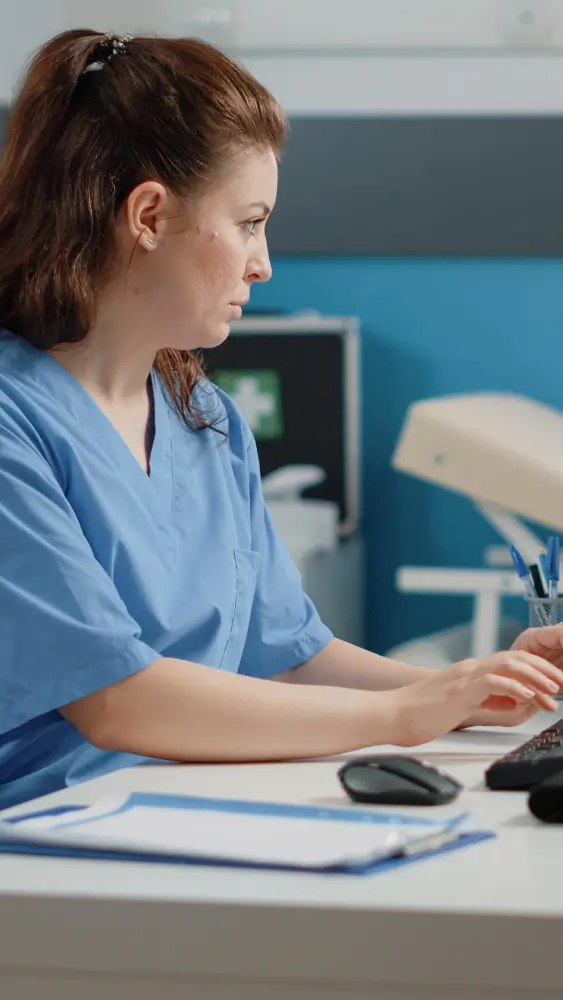Stay Updated on HIPAA Regulations: Ensure compliance with HIPAA regulations specific to Hospital Billing and coding. This includes safeguarding patient information, especially sensitive data like inpatient records and diagnostic results, and adhering to the latest privacy and security standards.
Apply Accurate, Complete, and Consistent Coding Practices: Implement precise and thorough coding for all hospital services, including inpatient care, diagnostic tests, and surgical procedures. Consistency in coding ensures accurate representation of services and prevents delays in claim processing.
Assign and Report Only Supported Codes: Use codes that are clearly and consistently supported by comprehensive documentation, such as patient charts, test results, and procedure notes. Proper documentation is crucial for accurate coding and claim submission.
Know the ICD Codes for Hospital Services: Stay familiar with specific ICD codes related to hospital care to submit clean claims effectively. Accurate coding reduces the risk of claim rejections and accelerates reimbursement processes.
Keep Up with Yearly Changes in CPT Codes: Stay informed about the annual updates to CPT codes relevant to hospital services. These changes can impact billing practices and reimbursement rates, making it essential to remain current.
Maintain Professional Coding Credentials: Ensure that all medical coders are credentialed through recognized organizations such as AHIMA, AAPC, or other accredited professional coding bodies. Maintaining these credentials is essential for upholding high standards in hospital medical billing and coding.









